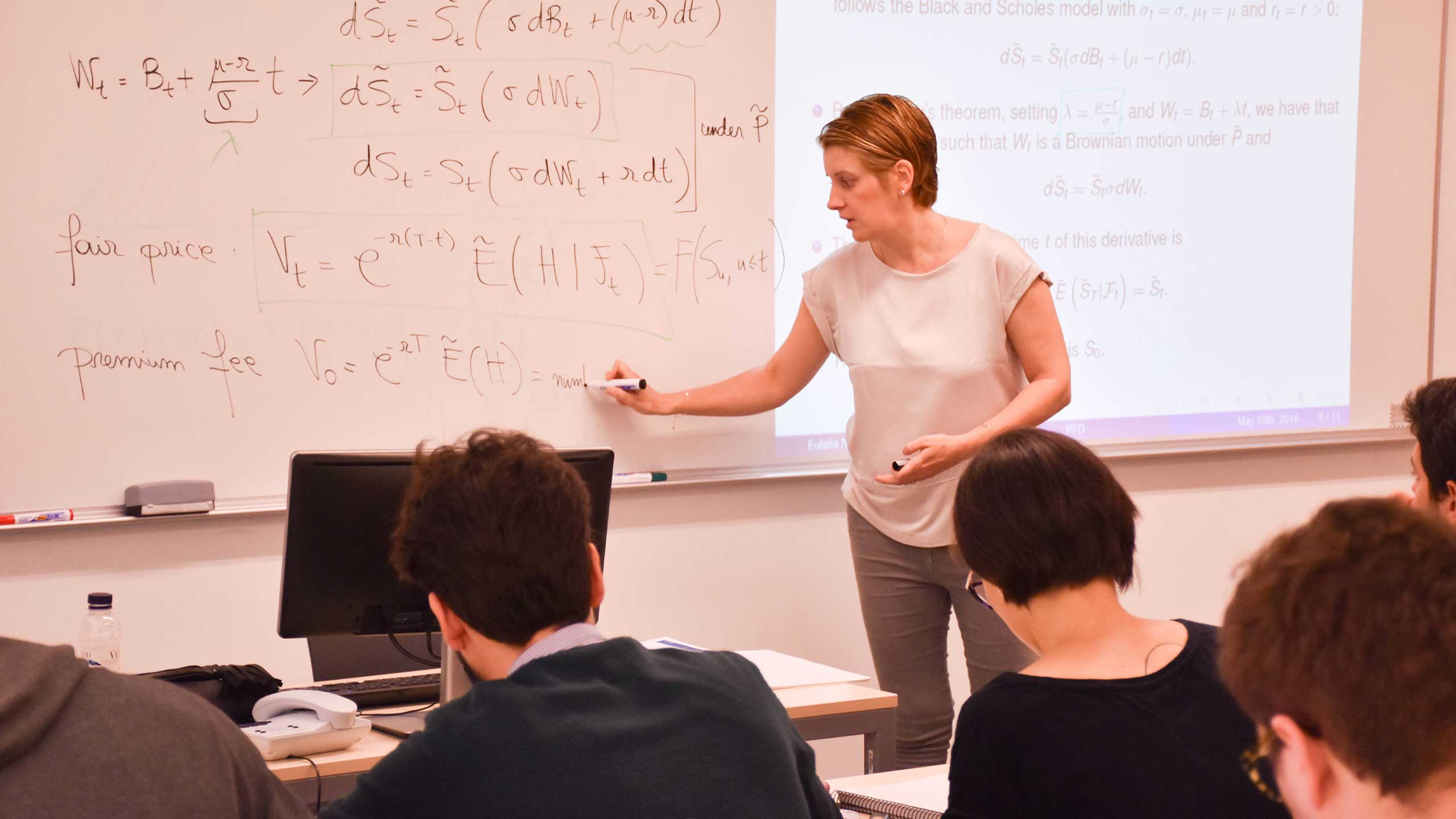

Financial Economics Program
This Master’s program teaches modeling techniques, econometric tools, and advanced coding skills, for top jobs in banking, consulting and fintech.
(Sep–Jul)
Ciutadella (UPF)
About this Master’s program
The increasing complexity of financial markets demands greater modeling techniques and a deeper understanding of financial data. The Master’s in Financial Economics at the BSE is designed to prepare you for these challenges.
An interdisciplinary approach combining Finance and Economics
The BSE Financial Economics Program builds on the School’s outstanding faculty in Finance, Economics, Econometrics and Data Science. The program is aimed at students that seek an interdisciplinary approach that combines Finance and Economics. It is designed to give students the strong modeling techniques, econometric tools, and advanced coding skills needed for the top jobs in banking, consulting and fintech.
The Financial Economics Program is built around three pillars:
- Concepts: acquire an in-depth understanding of the theory of Finance and Economics
- Modeling: learn how to construct and implement financial models
- Data analysis: apply Econometrics, Statistics and Data Science techniques to analyze complex financial data
With our wide choice of elective courses, students will benefit from BSE top faculty teaching in quantitative techniques (e.g. advanced econometric methods, optimization techniques, advanced programming, and machine learning) or economics topics (e.g. macroeconomics, monetary policy and exchange rates).
Discover what makes this program truly exceptional
Financial Markets: Focus on financial market techniques, investment strategies, and risk management.
Expert Faculty: Learn from experts in Finance, Economics, Econometrics, and Data Science.
Applied Learning: Combine theory with practical case studies, providing real-world experience.
Career Opportunities: Strong connections with renowned financial institutions for job placements.
Global Network: Diverse cohort of students, fostering international perspectives and networking opportunities.
Meet the Program Directors
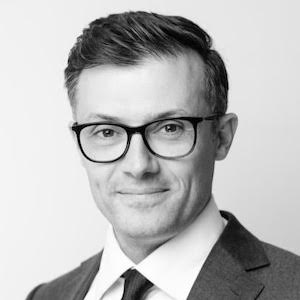
Filippo Ippolito
PhD, Saïd Business School (Oxford University)
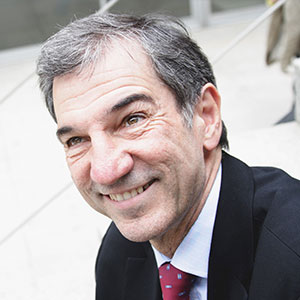
Xavier Freixas
Ready to make a difference? This program is designed for
Students seeking an interdisciplinary approach that combines Finance and Economics. Here’s why it’s perfect for you:
- You have a background in Business, Economics, or Finance.
- You have a background in Engineering, Mathematics, Physics, or Statistics and want to pursue a career in Finance.
- You are interested in modeling techniques and data analysis.
- You are an analyst or policy-makers at financial or supervisory authority.
- You are an aspiring PhD student.
What skills and knowledge will you learn?
Learn skills in economics and finance such as:
Advanced quantitative knowledge
Modeling techniques
Programming languages
Analyze data
Complex models
Professors
BSE Professors are renowned researchers who are published in leading Economics Journals.
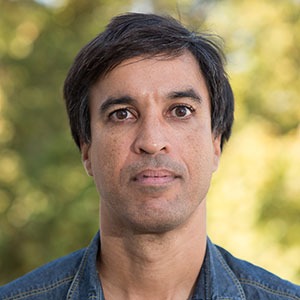
Argimiro Arratia
PhD, University of Wisconsin
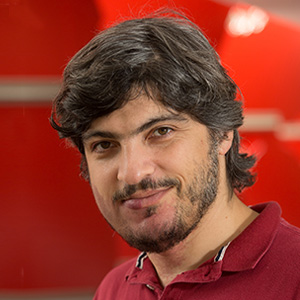
Vladimir Asriyan
PhD, University of California, Berkeley
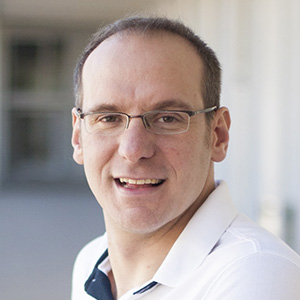
Albert Banal-Estañol
PhD, Universitat Autònoma de Barcelona
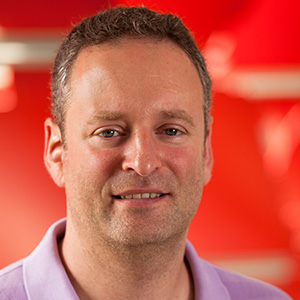
Fernando Broner
PhD, Massachusetts Institute of Technology
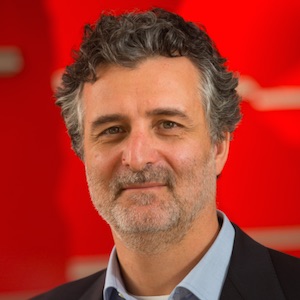
Andrea Caggese
PhD, London School of Economics

Craig Chatfield
PhD in Information Technology, Griffith University
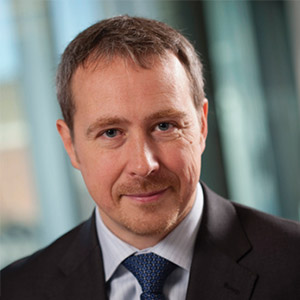
Lorenzo Coppi
PhD, London School of Economics

Josep Anton Sànchez-Espigares
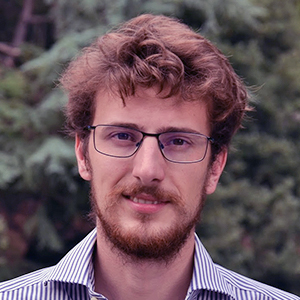
Alessandro Ferrari
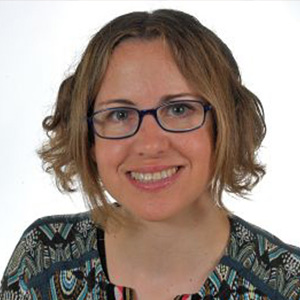
Rosa Ferrer
PhD, Vanderbilt University
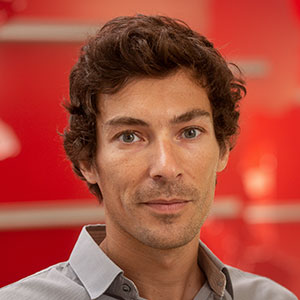
Luca Fornaro
PhD, London School of Economics

Alexander Frug
PhD, Tel Aviv University

Fabrizio Germano
PhD, University of California at San Diego

Mishel Ghassibe
PhD, University of Oxford
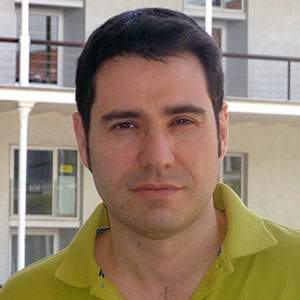
Javier Gil-Bazo
PhD, Universidad del País Vasco
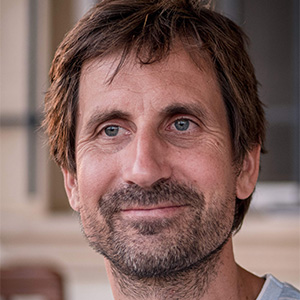
Albrecht Glitz
PhD, University College London

Filippo Ippolito
PhD, Saïd Business School (Oxford University)

Priit Jeenas
PhD, New York University

Jack Jewson
PhD in Statistics, OxWaSP
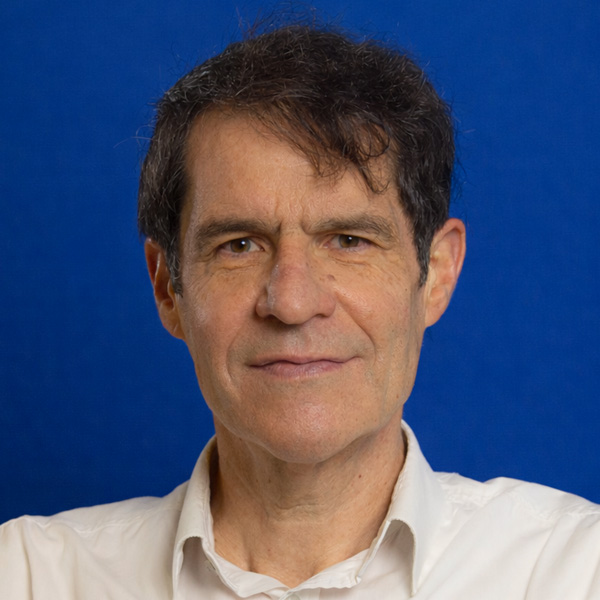
Albert Marcet
PhD, University of Minnesota
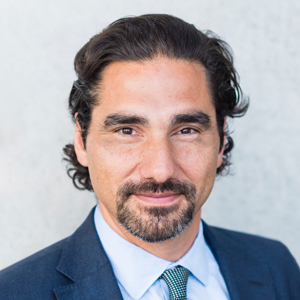
Alberto Martin
PhD, Columbia University

Martí Mestieri Ferrer
PhD, Massachusetts Institute of Technology
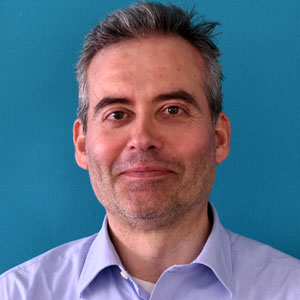
Manuel Moreno
PhD, Universidad Carlos III de Madrid
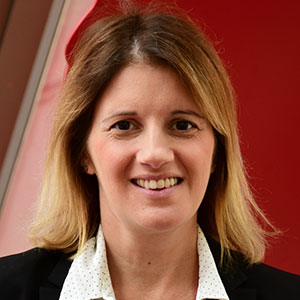
Eulàlia Nualart
PhD (Probability Theory), Ecole Polytechnique Fédérale de Lausanne

Gabriel Pérez-Quirós
PhD, University of California San Diego
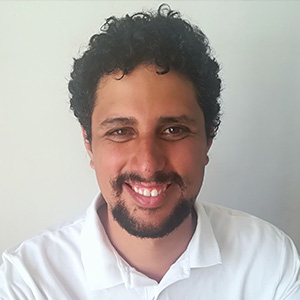
Daniel Sánchez Moscona
PhD, Universitat Pompeu Fabra
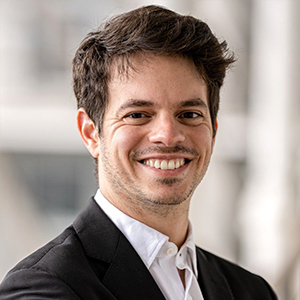
André B.M. Souza
PhD, UPF
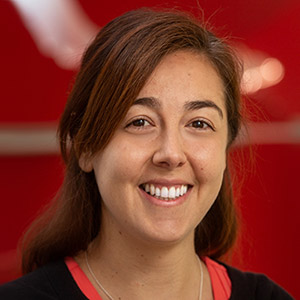
Victoria Vanasco
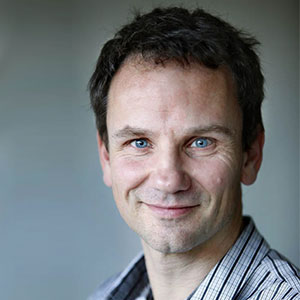
Frank Verboven
PhD, University of Toronto
Program Schedule
In September, students are required to take the following brush up courses: Calculus and Linear Algebra and Probability and Statistics and Introduction to Matlab Programming.
Term 1 (September-December)
| Course title | Credits | Professor(s) |
|---|---|---|
| Mandatory | ||
| Econometric Methods I | 6 | Gergely Ganics, Oriol González-Casasús |
| Microeconomics I | 6 | Daniel Sánchez Moscona |
| Foundations of Data Science | 6 | Lorenzo Cappello, Alberto Santini |
Term 2 (January-March)
Term 3 (April-June)
Master’s Project
Examples of Master's Projects
Class of 2024
- Empirical Pricing of Geopolitical Risk in Financial Markets: Understanding Market Responses by Ugo Campo and Diego Medrano.
- Modelling Financial Tail Risk: Multi-Step Forecasting of Value-at-Risk and Expected Shortfall with the Realized HAR-GARCH Model by Kai Penfold and Raphael Ravinet.
Class of 2023
- Forecasting Redenomination Risk: Unleashing the Superior Predictor via Machine Learning by Astthor Arnorrson and Frederik Witzeman.
- Early Warning Signal of Bank Distress: Machine Learning Techniques and Shapley Values Analysis by Long Cheng, Filippo Fortugno, and Emmanuela Grasso.
Class of 2022
- Hull-White Calibration for Swaptions using Neural Networks by Hugo Álvarez, Riccardo Sacchi, and Tomás Señaris.
Class of 2021
- Does Macro-Financial Information Matter for Growth at Risk Forecasting? by Lapo Bini and Daniel Mueck.
- The Wisdom of the Crowd: Using ensemble machine learning techniques as an early warning indicator for systemic banking crises by Gabriela Lavagna, Helena Patterson, and Robizon Razmadze.
Master’s degree awarded by UPF
Upon successful completion of the BSE Financial Economics Program, students will receive a Master’s Degree in Economics and Finance awarded by Universitat Pompeu Fabra (UPF).
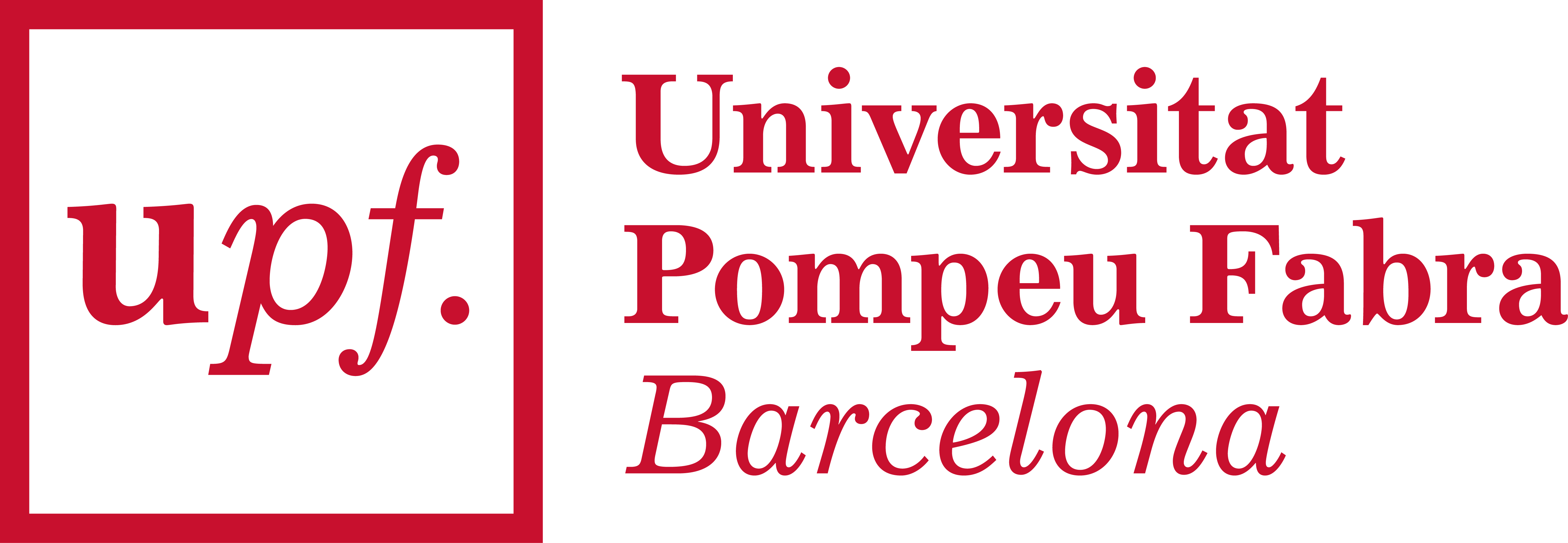
All Barcelona School of Economics Master’s degrees have been recognized by the Catalan and Spanish Education authorities within the framework of the Bologna Process (in Spanish, “Master Universitario o Master Oficial”).
Placement Rate, 2025 Cohort
Within 6 months of graduation:
- Job titles: Senior Risk Analyst, Capital Markets Operations Analyst, Finance Lead, Senior Consultant, Graduate Analyst, Research Assistant
- Industries: Financial Services (29%), Technology (17%), Consulting (13%)
- Companies: OECD, CBRE, CaixaBank Research, Revolut, Commerzbank AG, Graham Technologies, Tata Advanced Systems
Work Internationally
Cities with the most alumni





Testimonials
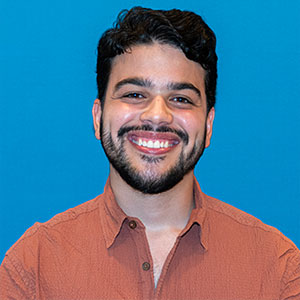
Diego Medrano
The Master’s in Financial Economics at BSE stood out to me for its unmatched blend of academic rigor and practical relevance. The program goes beyond just teaching finance—it equips you with a versatile toolkit that spans data science, economics, and quantitative analysis. This holistic approach not only sharpened my technical skills but also gave me the confidence to tackle complex financial challenges from multiple angles. The exceptional faculty, international cohort, and focus on cutting-edge research made it an intellectually enriching experience. BSE is more than a degree—it’s a launchpad for anyone aiming to make a meaningful impact in global finance.
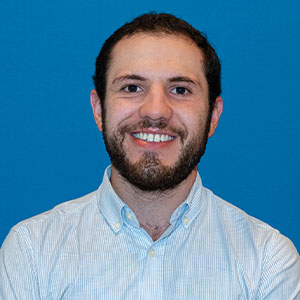
Bernardo Ortega
I was looking for a program with a strong emphasis in practical analytical tools, and at the Financial Economics program at BSE I found a great balance between the theoretical concepts and the more advanced statistical and practical tools.
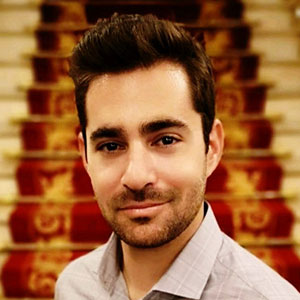
Dean Friedberg
To the world and on a global scale, the intricacies and depth that form our international and domestic economic and financial systems are known to fundamentally shape our everyday lives, futures, and potential to achieve our respective dreams. The Financial Economics Program enabled me to express my aspirations for greater knowledge in these fields through harnessing potential already present yet previously untested and practically pursue my goals whilst enhancing my intellectual curiosity. By obtaining the Master’s Degree in Economics and Finance, I not only acquired an increased ability to perform quantitative/qualitative analysis and better comprehend the juxtaposition of salient subjects which shape our interactions, but also strengthened my firm desire to positively impact society and the progression thereof.
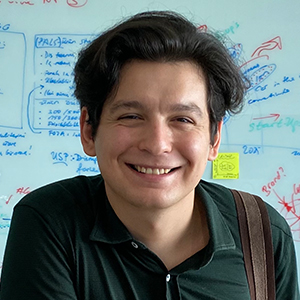
Ozan Akbas
I knew that I wanted to do empirical work in my career, and the Master’s Program in Financial Economics served as a foundation for understanding the necessary econometric tools. This aspect of the Financial Economics Program enabled me to smooth the learning curve when I was involved in various types of finance research
Why study a Master’s at BSE
Ranked by RePEc as one of the best research centers for economics in the world.
Nobel Laureates and other prestigious economists guide the development of BSE Master’s.
Learn from a faculty of well-renowned researchers.
Spend a year in the beautiful and vibrant city of Barcelona.
Admissions and Entry Requirements
At the Barcelona School of Economics, we look for academic excellence. To submit a strong application, you need to have a high GPA, a well-written statement of purpose, and reference letters that make you stand out. Strong knowledge of Economics and good quantitative skills are also recommended.
Requirements:
- An undergraduate/bachelor/grado/laurea, or equivalent degree from an accredited college or university (for Bologna degrees, a minimum of 180 ECTS are required).
- University diploma in Economics, Finance, Engineering, Mathematics, Statistics, or Business Administration. If you have an academic background in other subjects, you will be considered.
- Your level of English must meet the following requirements: TOEFL score of 90 or above; IELTS Academic Test score of 6.5 or above; Duolingo English Test 120 points.
Candidates will also be evaluated on the following admission criteria:
- Outstanding academic record.
- Quantitative skills.
- Reference letters.
Fees and funding
Tuition Fee
Student Fee: €18,000
Tuition Funding and Scholarships
Funding opportunities at BSE are awarded on the basis of academic excellence. All applicants admitted to a BSE Master’s program have demonstrated strong potential to succeed in a demanding and rigorous academic environment. In recognition of exceptional achievement, the most competitive candidates may also receive financial support to help cover tuition costs, fully or partially.
The available funding may include:
- Tuition waivers of 25%, 50%, 75%, or 100%
- A small number of fully funded scholarships, which may also include a living stipend, depending on the award
Financial offers are extended only to applicants with outstanding academic profiles. To be considered for the full range of funding options, candidates should complete their application by January 15. Applications submitted after that date will be considered for any remaining funds.
FAQ
Below you will find our most frequently asked questions but do not hesitate to contact the BSE Admissions Team to learn more about our Master’s programs.
What are the most common student profiles in the Financial Economics Program?
34 students from 21 countries (88% international) in 2024-2025
Most represented countries this year:
- India, Spain (4)
- Germany, United States (3 students each)
Most common academic backgrounds:
- Economics (20)
- Business Administration (3)
- Finance (3)
Years of work experience:
- 0-1 years (10)
- 1-2 years (7)
- 2-3 years (6)
- 3 years and above (11)
Who hires Finance Program graduates?
Graduates of the Financial Economics Program secure roles across sectors such as financial services, consulting, and government and authorities. Learn more about the specific positions, companies, and locations of these placements (cohorts of 2021, 2022 and 2023) in this document.
Is BSE listed in any rankings?
BSE is listed in rankings such as RePEc and QS. See our Rankings Page for more details.
How many programs can I apply to?
You can apply to up to three programs in your application
How do I apply for tuition funding?
We will automatically assess whether students meet the eligibility criteria for tuition waivers, and we will also promote eligible candidates for scholarships provided by external funders.
What level of English is required for this Master’s?
You must have an advanced level of English: TOEFL score of 90 or above; IELTS Academic Test score of 6.5 or above; Duolingo English Test 120 points
Is the GRE General Test needed to apply?
The GRE General Test is optional but highly recommended for a strong application
Can I enter another BSE Master's directly from this program?
Students who successfully complete the Financial Economics Program are eligible for direct admission to the following programs, if they stay for a second consecutive year:
Master’s Degree in Data Science:
OR
Master’s Degree in Specialized Economic Analysis:
- Competition and Market Regulation
- Economics of Energy, Climate Change, and Sustainability
- Economics of Public Policy
- International Trade, Finance, and Development
- Macroeconomic Policy and Financial Markets
A 20% discount will be applied on the second program’s tuition fees. All BSE Alumni are eligible for this discount at any time. Learn more about taking a second BSE Master’s degree.
Will this program prepare me for a PhD in Finance?
The Financial Economics Program provides a solid foundation for both professional and academic career paths.
Around 84% of recent graduates have used the Financial Economics Program as a terminal Master’s degree that qualifies them for competitive, technically demanding jobs in the professional world.
Around 16% of recent Financial Economics Program graduates have chosen to continue with more graduate or postgraduate study at top institutions all over the world. Some do so immediately after completing the BSE Master’s. Others choose to get one or more years of work experience, such as a central bank traineeship, before pursuing a PhD.
Are there opportunities for PhD study at the BSE?
There are two PhD programs in the BSE community: the UPF PhD Program at Universitat Pompeu Fabra (UPF) and the International Doctorate in Economic Analysis (IDEA) at Universitat Autònoma de Barcelona (UAB).
While these PhD programs are organized jointly with the BSE, they each have their own distinct admissions processes.
UPF PhD (GPEFM)
The main point of entry to the UPF PhD program is the BSE PhD Track Program. The PhD Track Program is Year 1 of the UPF PhD.
Students in the BSE Financial Economics Program with outstanding performance in their courses have the opportunity to be admitted to the PhD Program before finishing the Financial Economics Program. Those students will have to apply for admission to the PhD Program at the beginning of the second term of the Financial Economics Program. Admission will be decided in March. Admitted students will need to follow two more years of coursework to move to the PhD research and dissertation phase.
UAB PhD (IDEA)
Entry to the IDEA PhD program is through the IDEA Master in Research. BSE students can visit the IDEA website to learn more about the admissions process, which is the same for BSE students and external applicants.
Which PhD programs have admitted Financial Economics Program graduates?
BSE master’s graduates have gone on to enter some of the most prestigious and competitive doctoral programs in the world, including:
- Universitat Pompeu Fabra (organized with BSE)
- Universitat Autònoma de Barcelona (organized with BSE)
- Athens University of Economics and Business
- Australian National University
- Bocconi University
- Bologna University
- Bonn School of Economics
- Boston University
- Columbia University
- European University Institute
- Harvard University
- LMU Munich
- London Business School
- London School of Economics (LSE)
- Paris School of Economics
- Princeton University
- Queen Mary University of London
- Sapienza University of Rome
- Tilburg University
- Universidad Carlos III de Madrid
- Universitat de Barcelona
- University College London (UCL)
- University of Minnesota
- University of Wyoming
- University of York
Which BSE campus will my classes be held at?
All classes for Terms 1, 2, and 3 will be held at the Ciutadella Campus.
Related Master’s Programs
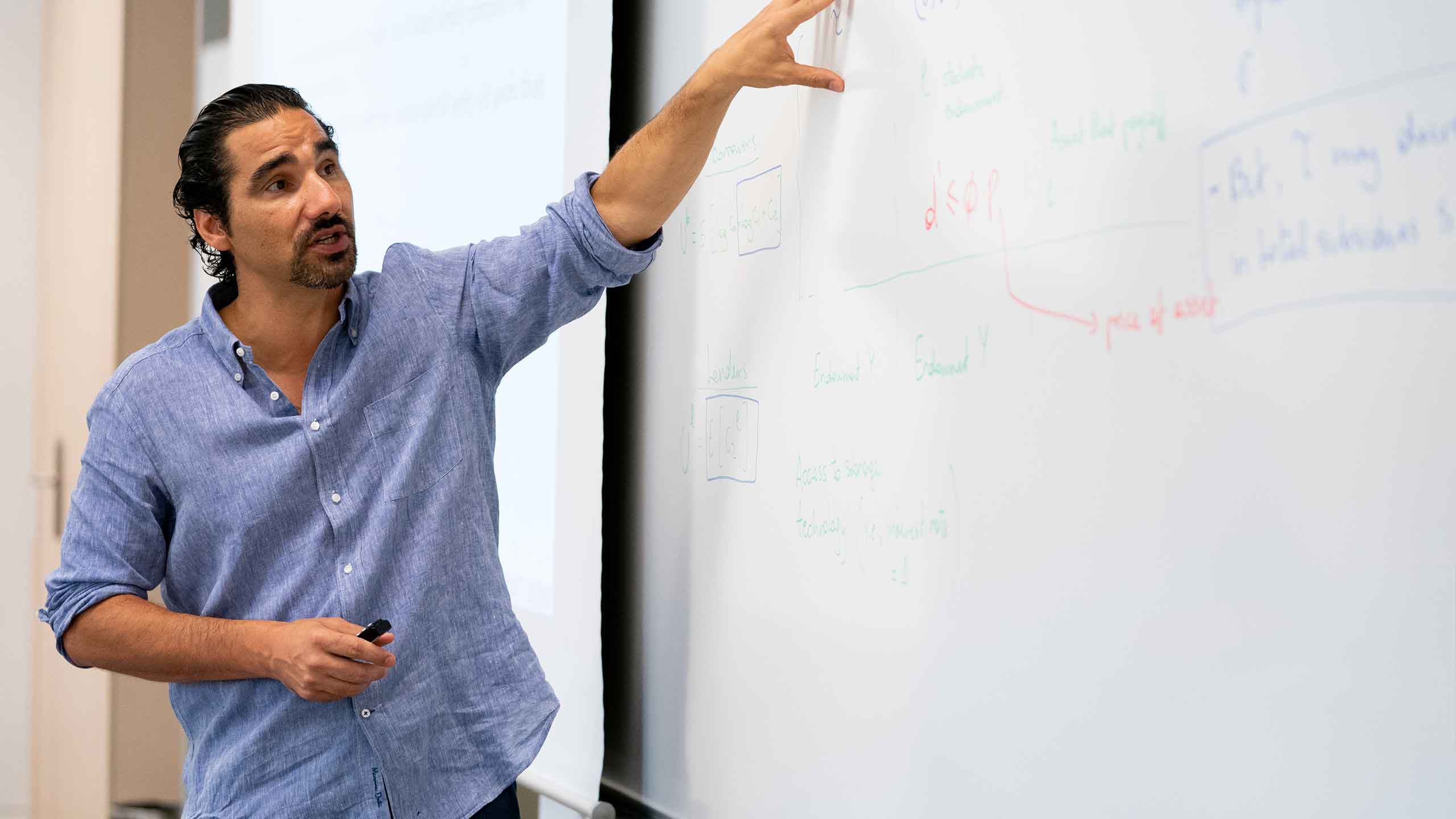
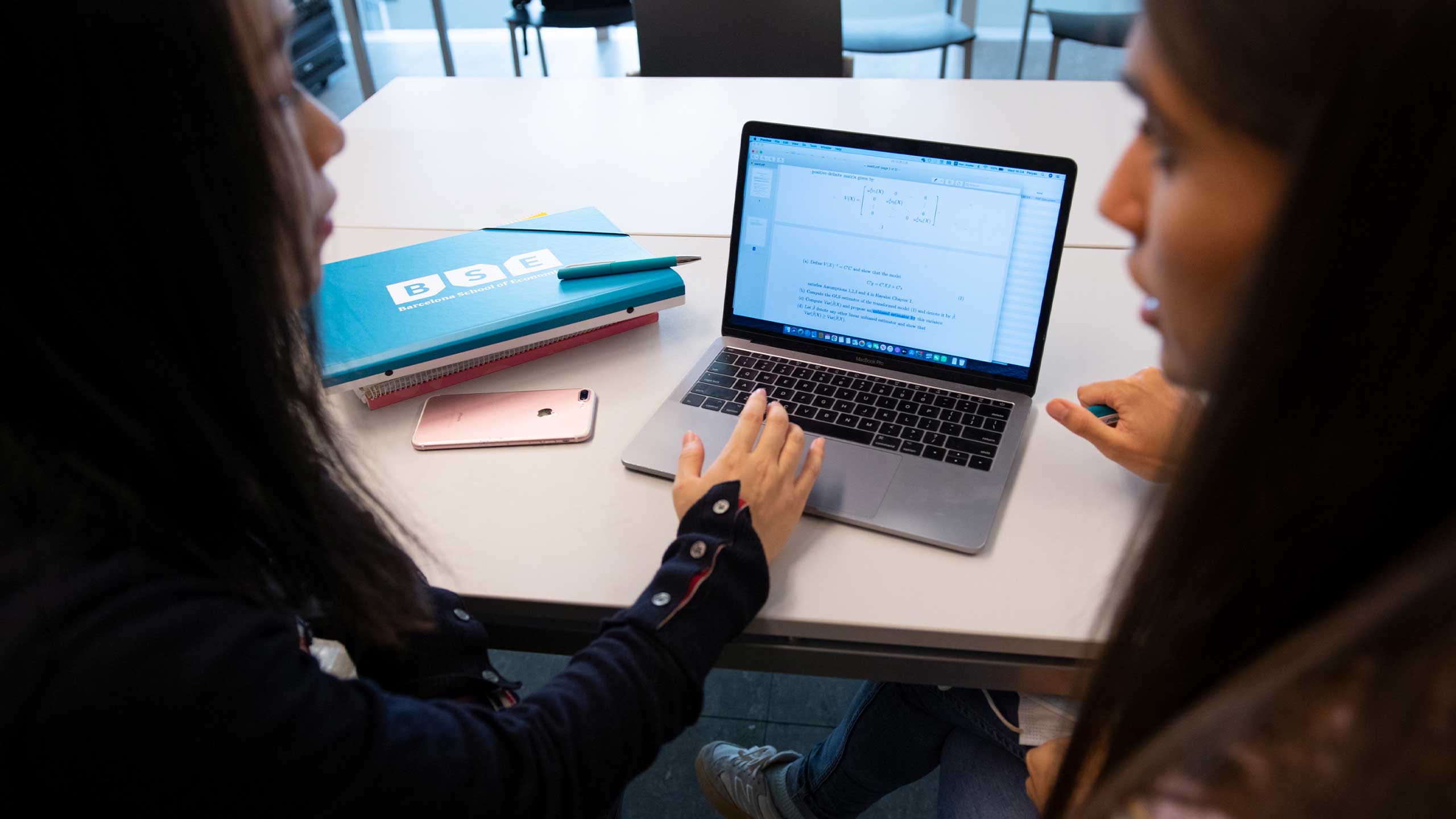
PhD Economics Track Program
Related Research Publications
See allEconomics. All rights reserved.







